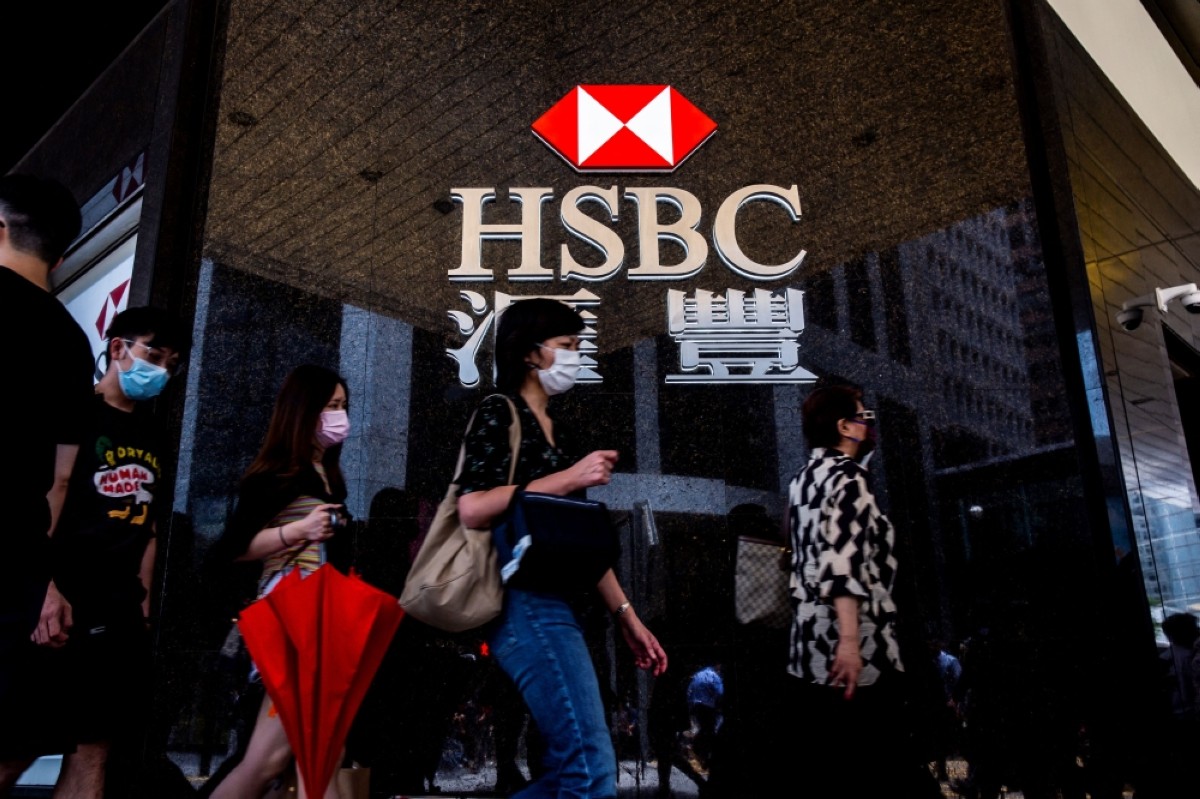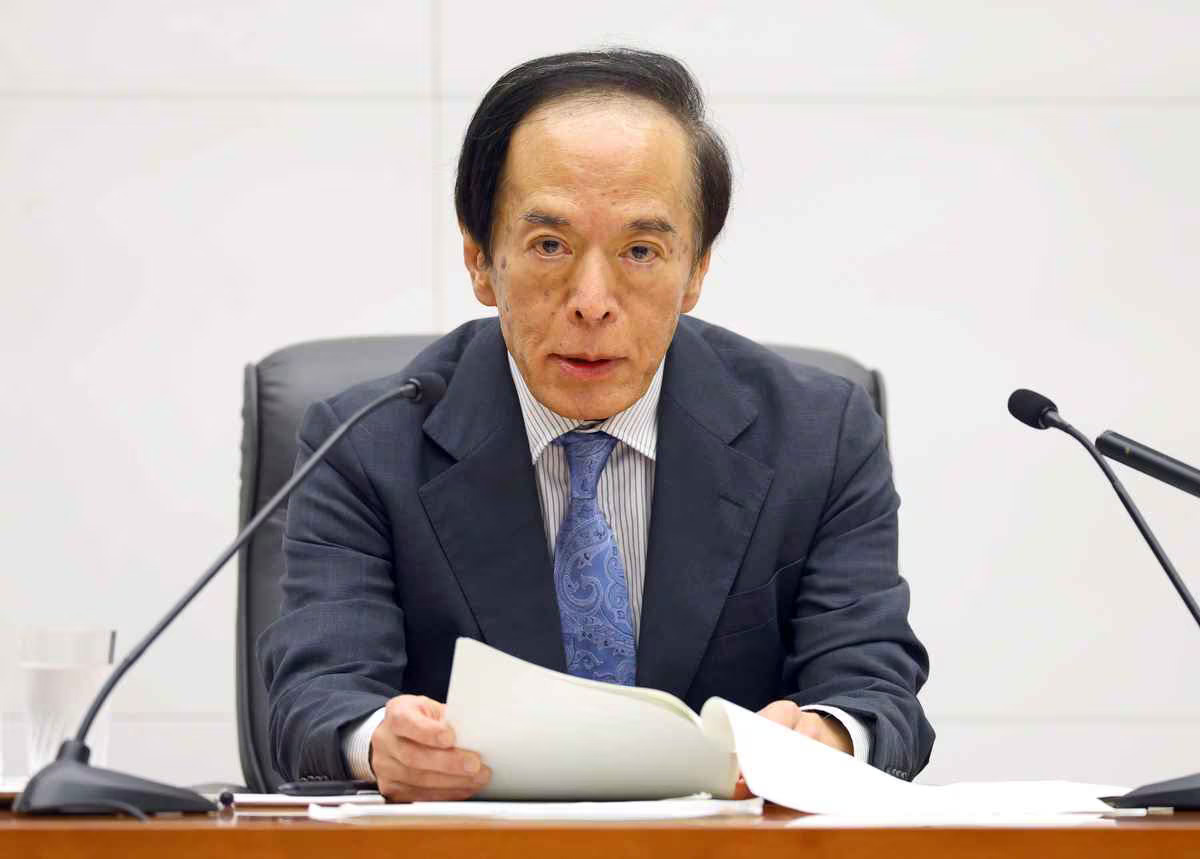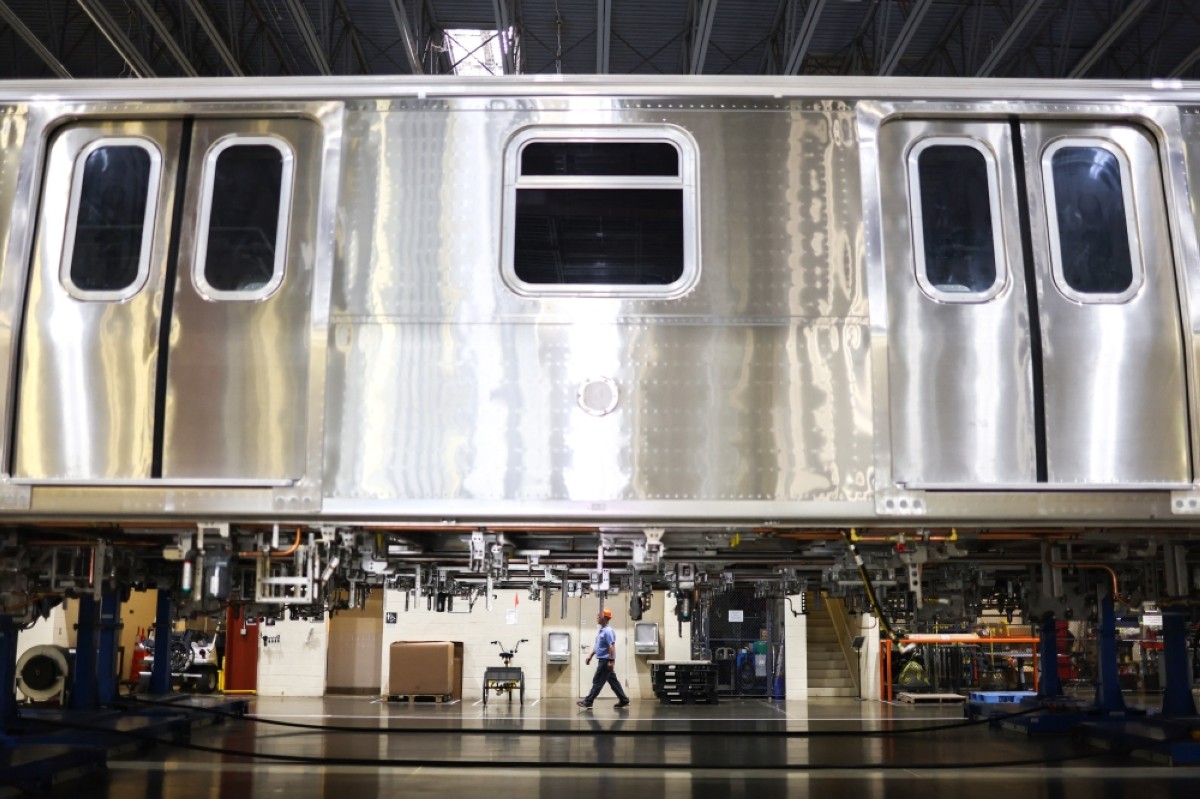German economy stagnates in Q2
FRANKFURT: Germany’s economy stagnated in the second quarter, final official data confirmed Friday, adding to a bleak outlook as the country battles an industrial slowdown and stubborn inflation.
 Pipes are stored on the grounds of the 'green energy' geothermal power station in Geretsried, southern Germany, on August 24, 2023. -- AFP.
Pipes are stored on the grounds of the 'green energy' geothermal power station in Geretsried, southern Germany, on August 24, 2023. -- AFP.
Europe’s biggest economy registered zero growth from April to June compared to the previous quarter, according to complete data from the federal statistics agency Destatis. Preliminary data released last month showed the same reading, and it was in line with a forecast from analysts surveyed by financial data firm FactSet.
By registering flat growth, Germany officially exited a downturn that it fell into around the turn of the year after the economy contracted for two straight quarters, the technical definition of a recession. The economy was supported by improved consumption and rising investments but exports—a key contributor to German GDP—fell slightly. The data will bring little comfort to policymakers battling myriad economic fires. These range from still-high inflation that began surging when Russia invaded Ukraine, to lackluster exports as key markets such as China face trouble, weakness in manufacturing and the impact of interest rate rises.
“We continue to see economic difficulties triggered by the aftermath of the energy crisis, the (European Central Bank’s) necessary fight against inflation and the weakening of important global economic partners,” said Economy Minister Robert Habeck in a statement. “The restrictive interest rate environment and weak global economy—especially developments in China—are making it difficult for us as an exporting nation.”
The IMF has forecast that Germany will be the only major advanced economy to shrink this year. ING economist Carsten Brzeski said the data will “do very little to end the debate on Germany being the new sick man of Europe. “In fact, both the short-term and the longer-term outlook look anything but rosy.” Habeck, however, insisted that, in the domestic economy, the “first rays of hope” were becoming visible.
“Net incomes have recently risen slightly in real terms, private consumption has stabilized, the inflation rate is continuing to fall,” he said. Earlier this week, the Bundesbank central bank added to the flurry of bleak assessments, predicting Germany’s “lacklustre” economy will continue to stagnate in the third quarter. It is “still experiencing a period of weakness”, the bank said in its monthly report. Germany’s annual inflation rate slowed to 6.2 percent in July, mainly on the back of falling energy prices, but it is still far above the ECB’s two-percent target.
Sick man of Europe again? German economic woes in focus
Stagnant growth, high inflation and manufacturing weakness—the challenges facing the German economy will be top of Chancellor Olaf Scholz’s agenda when political life resumes in earnest following the summer break. The outlook for a country long lauded as Europe’s industrial powerhouse is deteriorating, with the IMF forecasting it will be the only major advanced economy to shrink this year. But the remedies needed to get the country’s stuttering motor running again are a matter of fierce debate within the country’s uneasy, three-party ruling coalition.
What is the current picture?
The final figure for second quarter growth was released on Friday, and it showed the economy stagnated from April to June, registering zero growth. This followed two straight quarters of contraction—the technical definition of a recession. Problems include weakness in the vast industrial sector and a lackluster performance by exports, both of which have major impacts for the whole of the economy. These two key pillars are particularly sensitive to surging inflation, rising eurozone interest rates and the struggling economy in China, Germany’s top trading partner.
As a result of rising prices as well as the cost of credit in Europe and the United States, companies’ order books are suffering, in a country where industry represents more than 25 percent of GDP. “Exports have created our wealth… but as the global economy weakens, Germany takes it harder than others,” Economy Minister Robert Habeck told weekly Die Zeit. On top of that, German firms had to contend with the energy shock triggered by Russia throttling crucial gas supplies after its invasion of Ukraine.
Although prices have fallen since peaking last year after the German government rushed to find new suppliers, they remain above their levels before the war started. The current government is the first ruling coalition to consist of three parties in Germany’s post-war history, comprised of Scholz’s Social Democrats, the Greens—in charge of the economy ministry—and the pro-business FDP, who head the finance ministry. — AFP.











